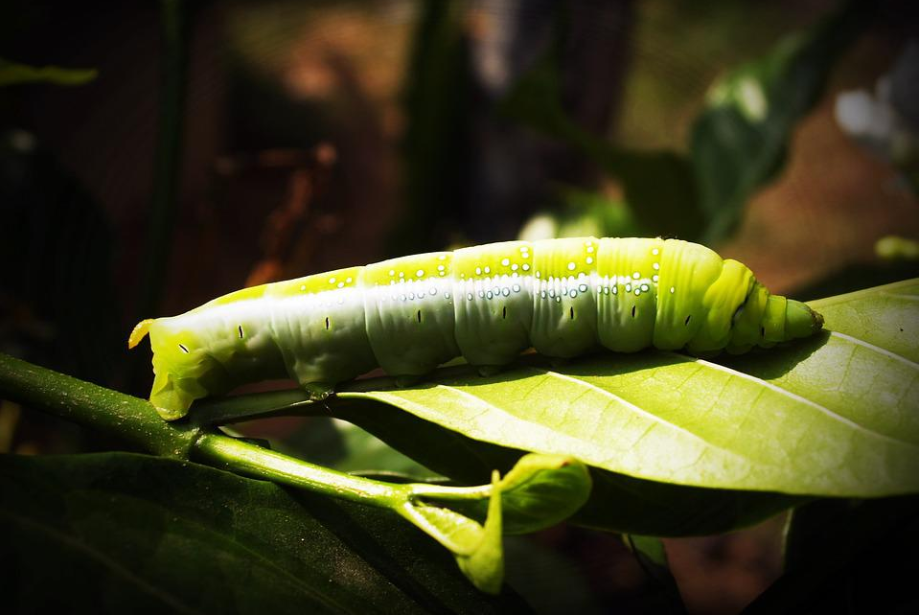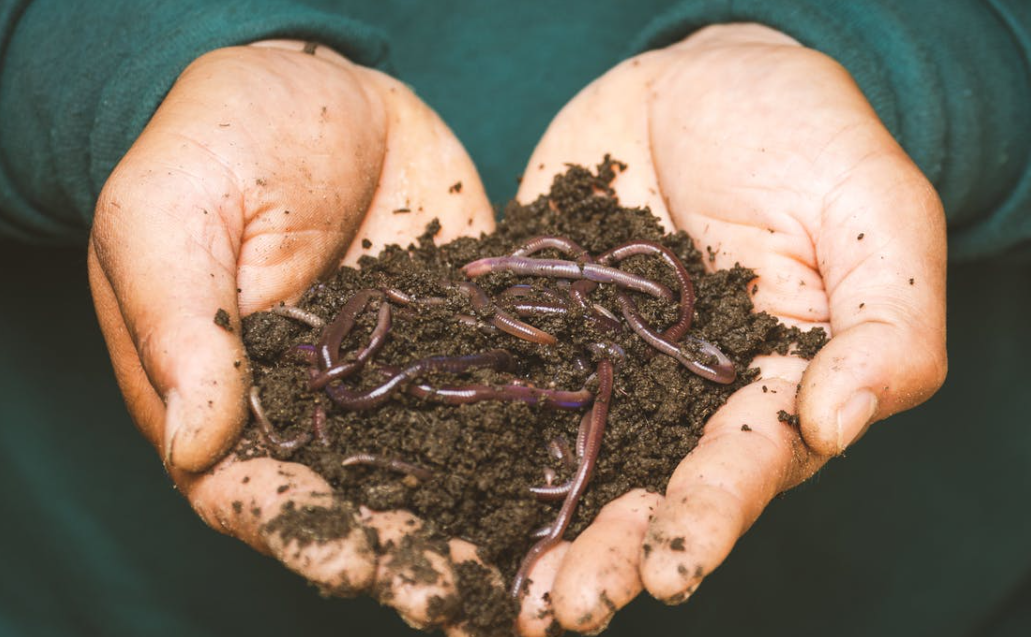There is a lot of worm info out there. How to get rid of them, identify them, and what type of damage they can do. This blog post will compile everything you need to know about worms into one easy-to-read place. So whether you are a homeowner who has discovered these pests on their property or are just curious about these creatures, read on for all the facts.
How Do Worms Eat?
 Worms can eat through vermiculture, more commonly known as worm composting. This is when worms and other microorganisms break down organic matter into a nutrient-rich soil amendment.
Worms can eat through vermiculture, more commonly known as worm composting. This is when worms and other microorganisms break down organic matter into a nutrient-rich soil amendment.
Worms consume organic matter, such as dead leaves and grass, and excrete it as castings. These castings are then used as a natural fertilizer for plants. Worms have a muscular system that helps them move and grind their food.
Do Worms Have Eyes?
Worms do not have eyes. They rely on light-sensitive cells located throughout their bodies to help them find food and avoid predators. Aside from this, worms have a very simple nervous system that allows them to move and respond to their environment. While they don’t have eyes, some worms can see the light. This is because they have photoreceptors, which are cells that detect light.
These cells are located in the worm’s skin and help the worm determine when it is time to come out of the ground and start moving around. While worms don’t have eyes, they do have other means of sensing their environment. For example, some species of worms have chemoreceptors, which are cells that detect chemicals. These cells help the worm find food and avoid predators.
How Do They Reproduce?
 Worms are hermaphrodites, meaning that each worm has both male and female reproductive organs. To reproduce, two worms must pair up and mate.
Worms are hermaphrodites, meaning that each worm has both male and female reproductive organs. To reproduce, two worms must pair up and mate.
This process can happen in two ways: either the worms will line up side-by-side, and exchange sperm or one worm will penetrate the other with its spicules (sharp, pointy structures).
Once the sperm is exchanged, each worm will lay eggs in a cocoon. Most worm species can mate and lay eggs on their own, but there are a few that need help. Another earthworm must help by secreting mucus that forms the cocoon.
Worms typically lay their eggs in the soil, which provides food and shelter for the developing young. Once they hatch, the baby worms will start to look for food. They will multiply, molting (shedding their skin) several times as they mature.
Worms are fascinating creatures that play an essential role in the environment. They help break down organic matter and turn it into fertilizer, which helps plants grow. Worms also have a simple nervous system and can sense their environment using light-sensitive cells and chemoreceptors.

